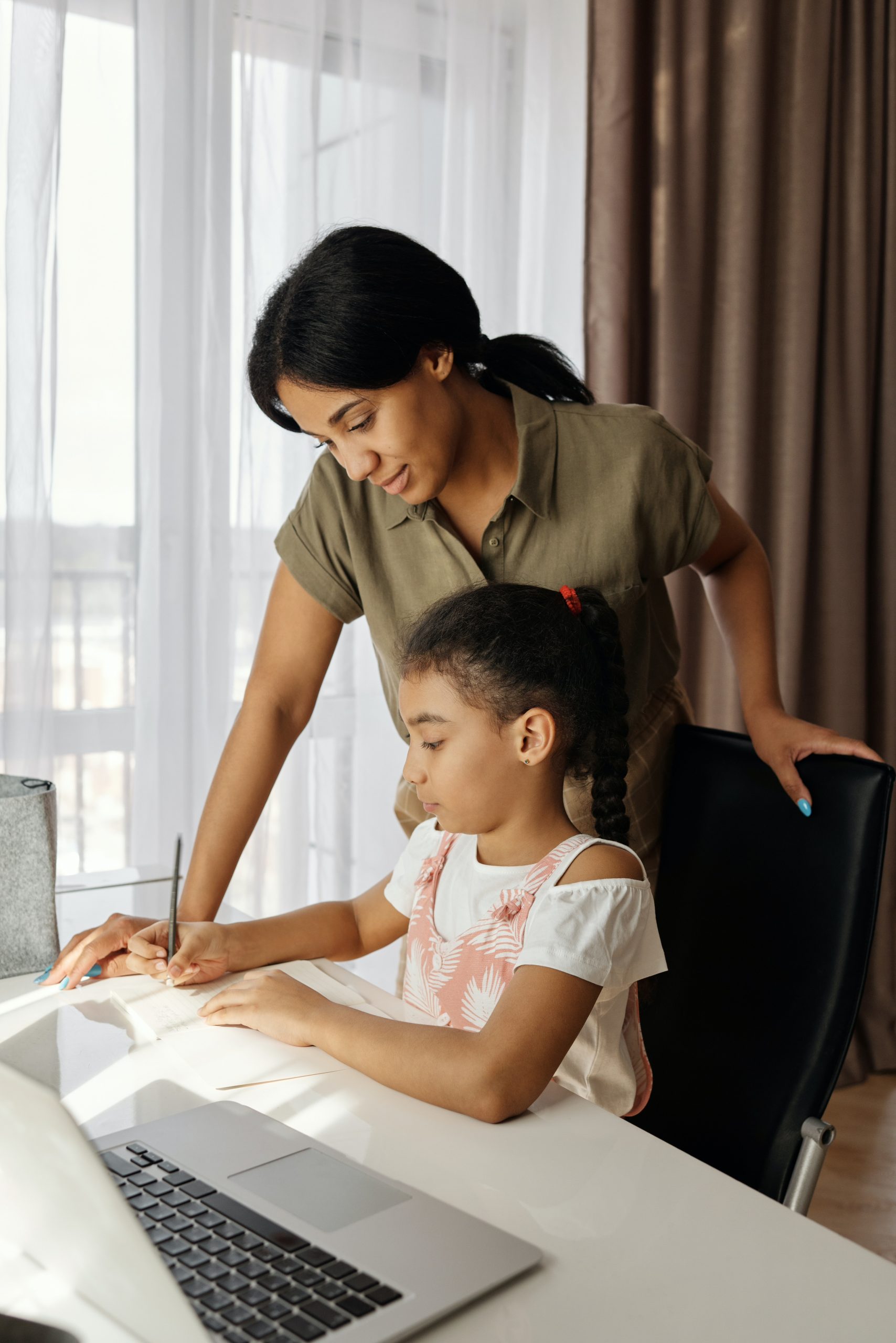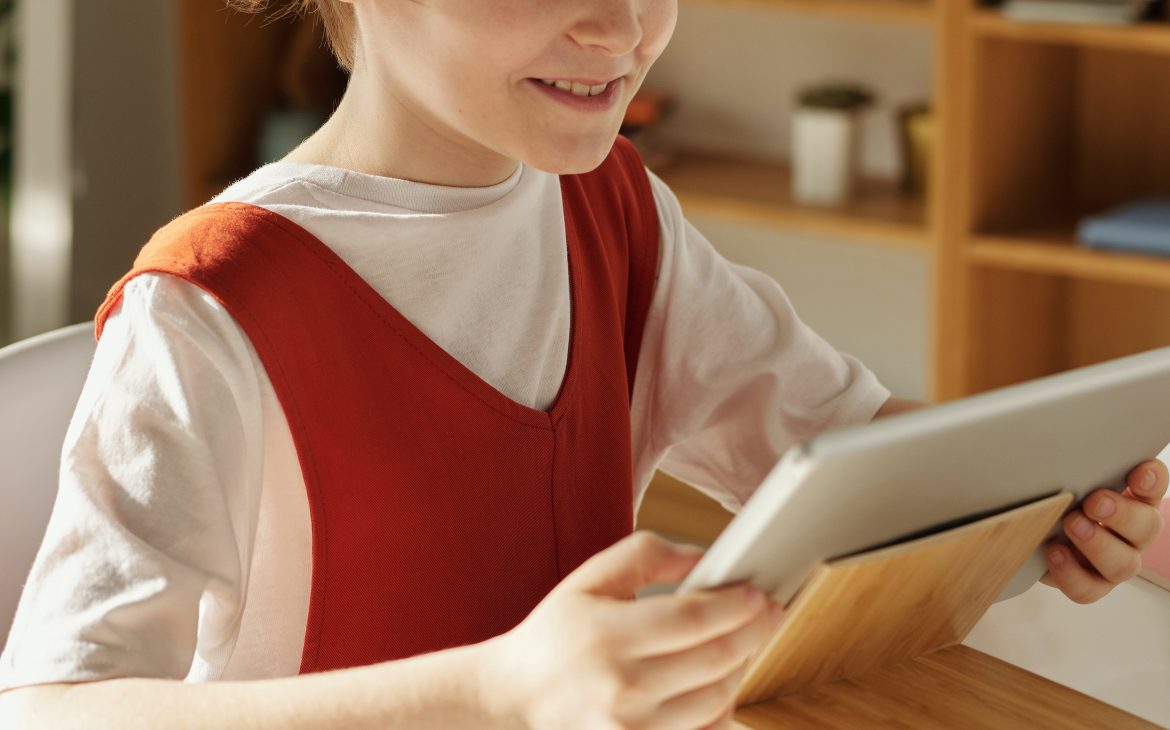Keeping Kids Safe Online
In today’s modern world, children are growing up where technology is not only around them but is part of everyday life. While the internet can be a fun place filled with entertaining videos and games, it can also present potential dangers. As parents, we understand the importance of safeguarding our children in their activities. In this article, we’ll explore tips to help make sure that you and your kids are safe when they’re online.
Encourage open dialogue
Discuss with your children about what’s happening online. By listening to what they’ve watched or read, you’re creating an environment where they feel comfortable sharing their thoughts and feelings. That allows them to open up to any uncomfortable situations they might have come across. Build trust and keep communication open, so that your children will find it easier to ask questions and open up.

Establish guidelines
Set boundaries about how much time your children can spend online, which websites they can visit and what apps they can use. Make sure that these rules make sense for their respective age levels. Educate them about proper online behaviour, like not sharing personal information or talking to strangers.
Monitor their activities
Keeping an eye on your children while they’re online is a good way to keep track of their habits. An easy way to do this is to place computers and devices in shred reas of the house, like the living room or the kitchen. That way, you’ll be easily able to check what they’re doing. From time to time, check their browsing history, social media profiles and chat conversations to see if there’s anything worth being concerned about.

Make sure you dedicate some time to educating your kids about the dangers they might face while using the internet. Engage in conversations with them regarding topics, like cyberbullying, scams, inappropriate content and the importance of privacy. Encourage them to think about whatever they come across online and reassure them that they can always reach out to you or another trusted adult if they stumble upon anything suspicious or harmful.
Use parental control software
Consider some form of parental control. Parental control software allows parents to monitor and manage their children’s online activities. These tools enable you to filter out content, set time limits for internet usage and keep track of what your child’s doing online. This layer of supervision can help create a safer environment for your children, especially when you’re not looking.
Install antivirus software
Protect your child’s devices from viruses and malware by installing antivirus software. Make sure it’s up to date, and regularly update it for the best protection. Look for a reputable software provider that offers a free antivirus download to make it easier for you.
Use a secure VPN service
A secure Virtual Private Network (VPN) service can add an extra layer of protection for your children online. A VPN encrypts their internet connection, making it hard for hackers to get hold of their personal information. It also allows your children to browse the web privately. Look for a secure VPN service that prioritises security and is easy to use.

As a parent, it’s important to prioritise your children’s online safety. By using these tips and being mindful about what your children are doing every now and then, you can help create a safer online environment for your kids. Stay informed about the latest online trends and threats, and continue to educate yourself and your children about responsible online behaviour. Together, we can help our children navigate the digital world with confidence and security.
